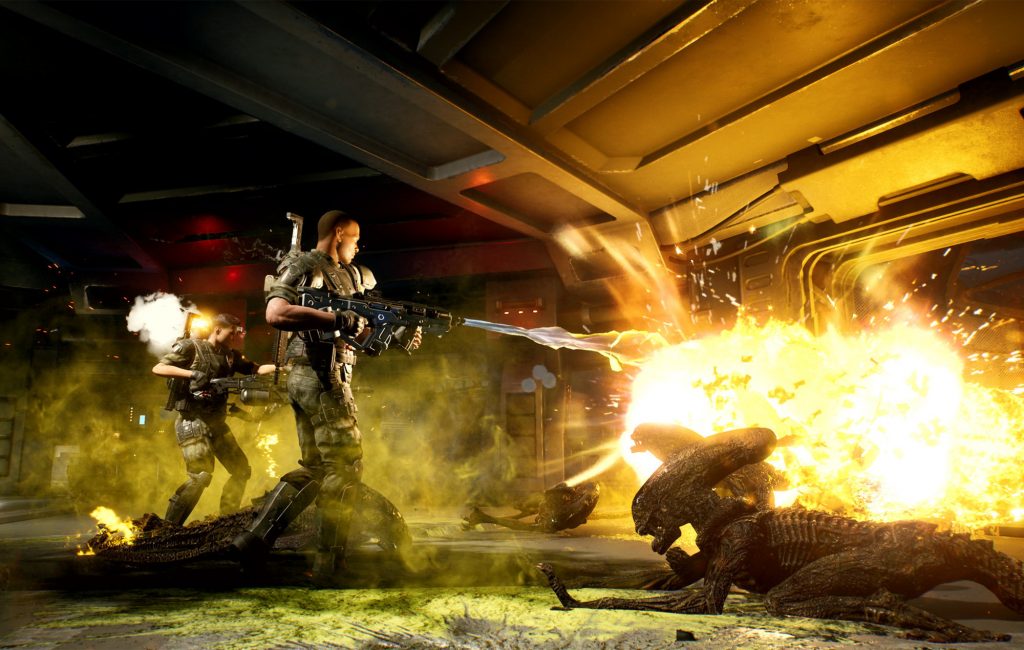Shadow Puppets (Dropzone #3) is the third instalment of the Dropzone series of military sci-fi books. It continues from directly where Parasite (Dropzone #2) and Fleet Rats (Dropzone #1) left off, with the same characters, in the same universe.
Here’s the blurb for the third book…
Sometimes natural selection could use a helping hand.
In a remote corner of the universe, a group of battle-weary Elemental soldiers has just had a radical idea: why not let someone else do their dirty work?
When they uncover two primitive species locked in a deadly struggle, they jettison their species’ moral code – no battle droids, no bioengineering – and begin weaponising insectoids to create a powerful foot soldier.
Now it falls to our brave but bickering squad of human, Avion and Elemental misfits, and one extremely anxious uplifted rat, to stop them – before their controversial bioweapon alters the course of the Great Expansion War forever…
For fans of Aliens, Starship Troopers and Old Man’s War – if you enjoyed those stories, you’ll love Esa Ortega’s Kassini universe, starting with the Dropzone series.
This is not a standalone tale, so don’t forget to read Fleet Rats (Dropzone #1) and Parasite (Dropzone #2) before strapping in for this instalment!
Here’s a visual promo:



Here are some inspirations that fed into the book…
Stellaris (Paradox Interactive, 2016)

It seems increasingly inevitable that before long, people will be jettisoning their sci-fi novels out of the airlock for good, in favour of immersive, interactive game worlds similar to the one in Stellaris. If that idea makes you sad in some way, then play this 4X grand strategy game for yourself – it’s so immersive, well-designed, well thought out and well written that it effectively offers a glimpse of the potential we have to look forward to in the future of sci-fi worldbuilding.
Key to the game’s success are amazing creature phenotypes you can choose to play as. Their different cultures and physiological preferences they have for their societies have a significant effect on play style and the way each session evolves.
This is where the game excels, releasing many different cultural variations to keep the action varied: the First Contact DLC, for example, enables you to play God and meddle with the destinies of pre-sapient species. This is something which the empires in Shadow Puppets have been guilty of doing on a number of occasions: there’s also mention in the book of the sentient yellow-gilled Qaaz’guul, who first appeared back in The Kassini Division. These hapless starfarers are in deep trouble and on the verge of extinction, it would seem, possibly due to such meddling in their past.
Aliens: Fireteam

This adventure shooter set in the Aliens universe is a great co-op experience. Uncomplicated enough even for the casual gamer, it absolutely nails the atmospherics as it takes a crew of heavily armed badasses further and further out of their comfort zone, venturing into a mysterious underground lair with xenos lurking all around.
Blake’s 7 (1979)

Terry Nation’s Blake’s 7 was an amazing, creative and ambitious space opera that ran for 52 episodes between 1978 to 1981. Despite spanning a period of such rapid and seismic cultural change, though, it resolutely belonged in the perma-nostalgic milieu of depressed, eternally brown, corduroy-covered 1970s UK.
Consistently underrated, it’s remembered now chiefly for its cheap sets, ambitious FX and its smart-ass mind-computer-AI ORAC, who was little more than Christmas lights in a fishtank, but had huge charisma and was a genius creation.
For Shadow Puppets, the team’s mission required that a droid specialising in translation accompany them to the surface. The resulting robot, The Memphis, would no doubt have felt right at home with Blake’s 7’s supercilious, self-important crew and artificial personalities trading barbed and acerbic put-downs in a classic passive-aggressive British manner.
Stormtrooper watercooler moments (Star Wars, 1977)

In my humble opinion, what was missing from later Star Wars movies (unless I switched off somewhere along the way and didn’t notice) were the small moments that added an extra dimension and depth to the characters’ believability.
So two stormtroopers on the Empire’s Death Star discuss gossip of no consequence to the plot; Luke the upstart rebel boasts about “bullseyeing womp rats in his T-16 back home” etc.
I added these moments to various scenes in Shadow Puppets, because if you were an Elemental Special Forces trooper who’d retreated to an alien world after taking a beating, talking inconsequential drek with your comrades to pass the time is what you would do.
Dark Star (1974)

The idea of sci-fi characters walking the perilous spacewalk between eccentric and bonkers has been done many times, but with good reason. Sci-fi is a great backdrop to go mad against, and if you’re dealing with the topic, you might as well take inspiration from the crew of John Carpenter’s Dark Star, sci-fi’s greatest-ever stellar asylum.
When we meet them at the beginning of the book, my squad of Elemental Special Forces soldiers has been fighting the Avions for a month, non-stop: everyone either needs a release or has already gone slightly nuts.

